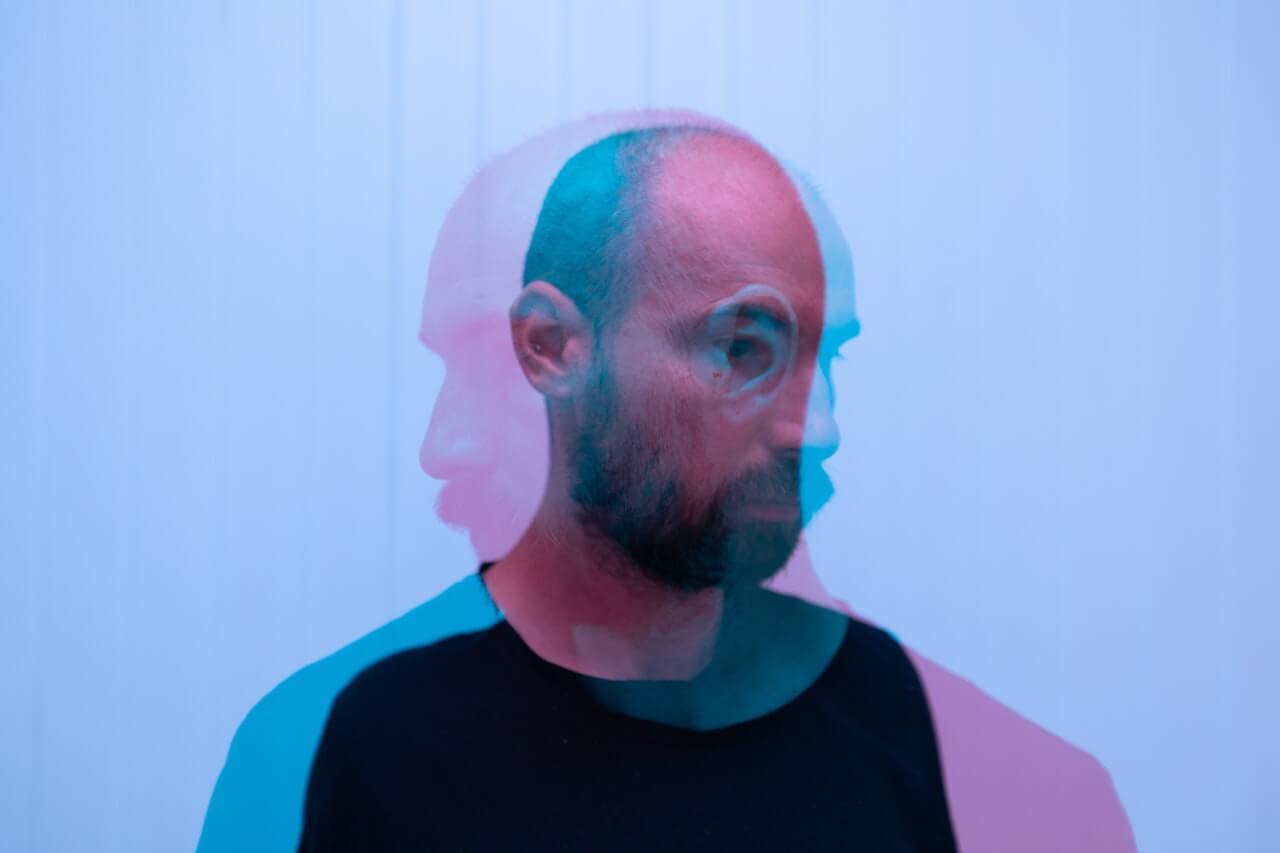Are You Experiencing Symptoms Of Bipolar Disorder? Here’s How To Spot The Signs
It’s a common misconception to believe individuals with bipolar disorder have two extremes they often swing between: depression, and mania.
While this is partially true, there's much more to bipolar disorder than feeling “up” or “down”. Bipolar disorder affects 1 in every 50 Australian adults per year. This number is often thought to be much larger if only people were more aware of the symptoms to look out for.
While feeling highs and lows is part of bipolar disorder, it’s possible to feel them both at the same time. Surprising, right?
So, what else are the symptoms of bipolar disorder? Once you get a clearer picture of the warning signs, you’re much more likely to reach out for help if needed.
Defining ‘Bipolar Disorder’
In the simplest terms, bipolar is characterised by experiencing extreme mood swings. However, there are four individual types of bipolar disorder and each is slightly unique in the way they present symptoms.
Bipolar disorder is a mental illness in which people experience mood extremes so intense they often disrupt their daily life. The extreme highs are called “manic” states, while the extreme lows are referred to as “depressive” states.
What an individual experiences during each phase, and at what pace they cycle through episodes is different for everyone.
The Four Types Of Bipolar Disorder
In order to understand the symptoms of bipolar disorder, it’s important to learn the differences between each type.
Bipolar 1: Defined as long-term periods of extreme manic highs, plus depressive episodes, and possibly psychotic periods.
Bipolar 2: Defined as short-term, milder periods of highs (hypomania). They experience lows of depression as well but can have periods in between where they feel relatively balanced.
Cyclothymic Disorder: The mildest form of bipolar disorder in which mood swings are not as extreme or long-lasting.
Unspecified Bipolar: Like any mental illness, not everyone will fit into a cookie-cutter diagnosis. This last type of bipolar disorder is for those who experience some or all symptoms.
Symptoms Of Mania
Oftentimes those with bipolar disorder choose not to get help for their mental illness because they enjoy the energy and productivity mania can bring. However, mania if left untreated can cause irrational and dangerous decisions and often can become worse over time.
Some signs of a manic episode may include:
Feeling overjoyed or extreme happiness
Talking rapidly
A sudden surge of energy
Feeling self-important, or overly self-confident
Bursting with new ideas, plans, or creativity
Becoming easily distracted
Feeling easily irritated or agitated
Having delusions, hallucinations, or illogical thinking
Increased physical activity
Someone suffering from bipolar disorder that is experiencing a manic high may make irrational or impulsive decisions such as emptying their bank account while shopping or getting a facial piercing on a whim.
During these episodes, the need for sleep virtually vanishes and many times individuals will stay up all night working on new projects or cleaning rigorously. While this may sound like fun, it's often reported that these people feel out of control or anxious, and some engage in dangerous or psychotic behaviours that normally wouldn’t.
Symptoms Of Depression
For those with bipolar disorder, they may begin to feel sadness like any other individual, however, something pushes them off the edge of a mental cliff - triggering long-term bouts of sadness, hopelessness, isolation, and exhaustion.
These depressive episodes often last around 2 weeks and can make everyday tasks seem overwhelming, or impossible.
A few symptoms of a depressive episode may include:
Low energy
Changes in sleeping habits
No appetite or overeating
Loss of pleasure in activities
Feelings of guilt
Feeling of worthlessness
Indecisiveness
Difficulty concentrating
Suicidal thoughts
The depressive episodes that follow manic highs often hit those with bipolar disorder even harder as they long for the person they were last week - full of life, energy, and great ideas. These thoughts may make their depressive episode even worse.
Do These Symptoms Sound Like You?
If any type of bipolar disorder sounds like something you struggle with on a daily basis, rest assured there are plenty of treatments available to get you balanced and healthy. Talk therapy, self-help tools, and medication are all phenomenal ways to get yourself back on track. While you may miss the energising highs of bipolar disorder, over time you’ll find yourself living the life you were always meant to live.
Don't delay seeking help you can find a therapist who specialises in identifying and treating bipolar disorder today.








